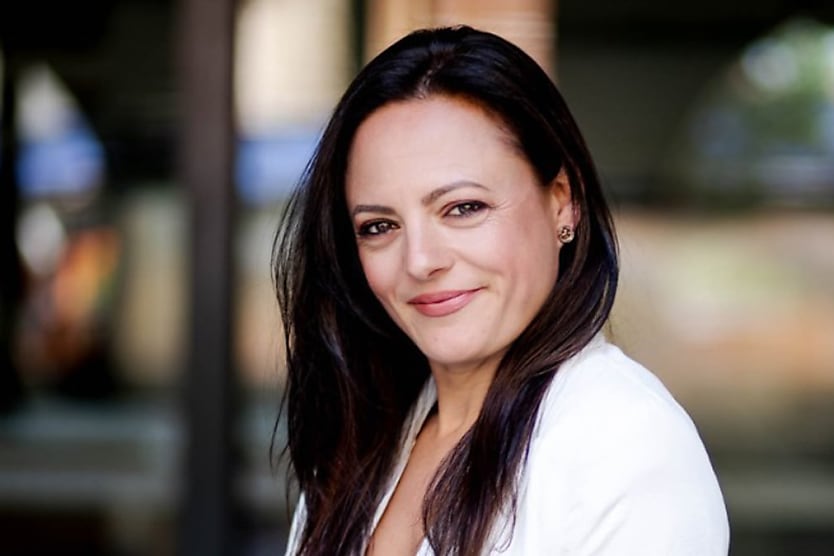How to actually create a mentally healthy workplace
SHARE THIS ARTICLE

Creating a mentally healthy workplace is a continuous process that requires individual commitment and collective effort – not just a series of wellness programs or one-off initiatives, writes Dr Tiffany De Sousa Machado.
We know we need to create a mentally healthy workplace. Most organisations are throwing everything at it: there are wellbeing programs, employee assistance programs, mental health first aid training, team-building exercises, and even yoga, meditation, and mindfulness sessions.
Record investment is being made in these areas, yet have we succeeded in creating the mentally healthy environments we aim for?
Often, the answer is no. So, what’s going on?
Creating a truly mentally healthy workplace demands more than just these well-meaning but often surface-level initiatives. It requires a holistic approach and commitment from individuals and the organisation as a whole. Think about it: our exterior often reflects our interior. If the workplace is filled with stress and negativity, it usually means the people in that team are neglecting their self-care, may lack boundaries, and feel unheard or invalidated.
Company culture is a collective experience and, thus, can only change as each individual does. So, it’s time we move past box-ticking wellbeing programs and instead focus on fostering genuine, lasting change through a human-centred and transformative approach. By focusing on the individual’s wellbeing and then translating that into collective action, we can create a more authentic and sustainable, mentally healthy workplace.
While this transformation can be challenging, it is achievable. Here’s how to begin approaching it.
Validate voices
One of the most impactful ways to address workplace stress and negativity is by providing a space for employees to voice their frustrations and concerns. This space must be judgement-free, where team members can openly share their thoughts and feelings. Setting up regular feedback sessions can be incredibly effective. These sessions should not only allow for airing grievances but also include opportunities for reframing issues and planning next steps. In my experience, this is half the battle and a relatively simple solution to negativity or issues in the workplace.
Promote self-awareness
Self-awareness is the cornerstone of personal and professional growth. Simple activities that help employees identify their stress points can lead to clarity, accountability, and action. Visual and practical aids such as posters, videos, postcards, online learning, and mapping tools are excellent tools for this purpose. They provide immediate insight into stressors and help individuals and teams understand where they need to focus their efforts.
Foster team dynamics
Building on individual self-awareness, it’s crucial to bring teams together to identify common stressors and brainstorm solutions. Facilitated sessions where teams collectively address pain points and share responsibility for action can have a unifying effect. When done well, these sessions not only resolve issues but also energise the team and improve overall culture.
Reclaiming individual mental health through awareness, accountability, and action creates space for teams to work through challenges collaboratively and develop energising solutions.
A simple yet effective framework I recommend is “the five R’s”: reflection, revisit and reframe, revive, refocus, and reinforce.
Reflection
Reflection is essential. Regularly encourage your team to ask: What went well personally and professionally? What are the standout achievements of our team and company? Celebrating successes, no matter how small, fosters a culture of appreciation and boosts morale. This also helps dispel feelings of being undervalued or behind. By focusing on both individual and collective accomplishments, you create a stronger, more cohesive team ready to tackle future challenges.
Revisit and reframe
Regularly ask, “What went wrong?” and “What could have been done differently?” Encourage your team to dissect missteps and extract valuable lessons. Reframe failures as learning opportunities, resetting intentions and strategies based on these insights. This approach enhances resilience and equips your team to handle similar challenges more effectively in the future.
Revive
Revitalise individual and team goal-setting by making it engaging and fun. Organise dynamic sessions where company goals, team goals, and personal ambitions are set. Use visual aids like funnels, savings buckets, and vision boards. Ask your team, “What does finishing strong in 2024 look like for you?” Turn these sessions into vibrant, creative events with idea-generating speed dating, delicious food, shoulder massages, and music. An “anything-is-possible” brainstorming session where “no” is banned can ignite creativity and enthusiasm, transforming goal-setting into a fun, team-building exercise.
Refocus
Plan with intention. What does meaningful success look like for your team? Clarity on realistic goals reduces overwhelm. Equally important is deciding what not to focus on. There will always be too much to do, so concentrate on what truly matters.
Create monthly goals and challenge your team to include their wellbeing in these plans. Regularly ask at team meetings, “What went well?” and reward those who stick to their plans. This fosters consistency and accountability, ensuring everyone stays on track towards the year-end goals.
Reinforce
Embed these initiatives deeply into your team and organisation’s culture. Regular check-ins, continuous praise, and a welcoming environment for feedback are essential. This maintains the energy and focus needed for a strong finish to the year.
Creating a mentally healthy workplace is a continuous process that requires individual commitment and collective effort – not just a series of wellness programs or one-off initiatives. By moving beyond box-ticking exercises and embracing a human-centred approach that focuses on individual wellbeing and collective action, we can create genuine, lasting change.
Dr Tiffany De Sousa Machado is a speaker, the head of wellbeing and development at Dr Tiff and a lecturer and associate head of people and culture at Adelaide Business School.
RELATED TERMS
Your organization's culture determines its personality and character. The combination of your formal and informal procedures, attitudes, and beliefs results in the experience that both your workers and consumers have. Company culture is fundamentally the way things are done at work.
